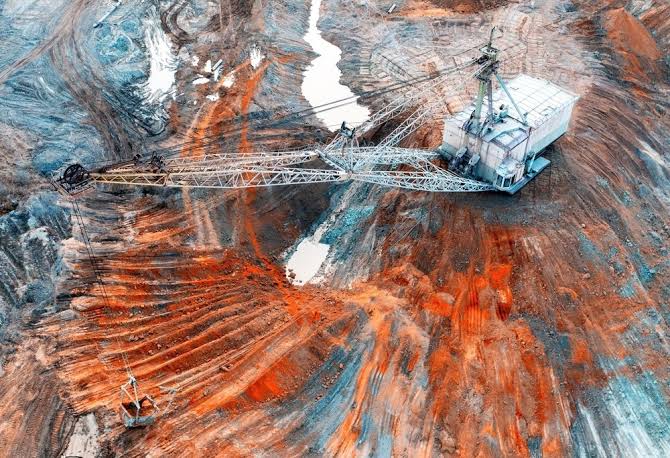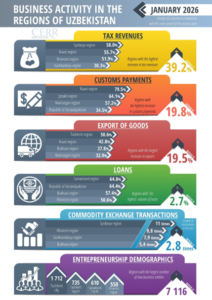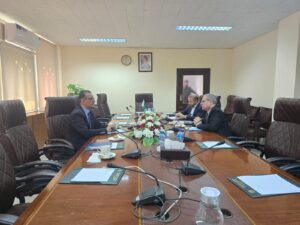Mining Diplomacy and the Strategic Exploitation of Pakistan’s Resources

In the wake of renewed cooperation between the United States and Pakistan in the mining sector, a pattern emerges that reflects a long history of global superpower dominance veiled under the rhetoric of partnership and development. As Pakistan opens its doors to foreign investment in the exploration and extraction of its rich mineral resources, particularly rare earth elements, one cannot ignore the strategic motives underpinning these collaborations.
The U.S., under the guise of economic cooperation, has a long-standing record of influencing the natural resource policies of developing nations—Pakistan is merely the latest stage.
Exploiting Strategic Minerals
Rare earth minerals are the bedrock of modern technological advancement, from smartphones and electric vehicles to missile guidance systems and renewable energy infrastructure. The global race to control these critical resources is intensifying, and the U.S. sees Pakistan as a strategic partner in this race. However, the narrative presented by American officials often cloaks this economic interest in language that suggests altruistic support for Pakistan’s development and modernization.
The concern, however, lies in the pattern: U.S. cooperation rarely translates into long-term socio-economic benefits for the host country. Rather than fostering self-reliant infrastructure or community-based resource development, the United States historically leverages these agreements to extract resources at low cost, often through multinational corporations with little obligation toward the host nation’s environment or workforce development. This emerging cooperation in Pakistan follows the same blueprint.
Historical Context of Resource Exploitation
The U.S. approach to mineral diplomacy is not new. Latin America, Southeast Asia, and parts of Africa have previously experienced similar waves of mining cooperation agreements that promised prosperity but delivered environmental devastation, labor exploitation, and deepened economic dependency. For instance, American firms operating in Congo, Bolivia, and Indonesia have reaped massive profits while contributing little to local economies and often leaving behind a trail of pollution, displacement, and political instability.
Pakistan must be wary of becoming the next link in this chain. The idea that a foreign power, whose primary concern is securing supply chains for its own industries, will protect the ecological integrity and sovereignty of Pakistan’s mineral-rich regions is naïve at best and dangerous at worst.
Environmental Consequences Disregarded
The environmental risks associated with rare earth mining are well documented. These include radioactive contamination, soil erosion, water shortages, and toxic waste that threaten ecosystems and public health. In Pakistan’s context—especially in environmentally fragile areas—these consequences could be catastrophic. Yet, the new U.S.-Pakistan cooperation initiatives appear to pay only lip service to sustainability.
American mining partnerships abroad have repeatedly failed to meet even the most basic environmental standards. In many cases, mining tailings have poisoned rivers, deforestation has ravaged once-thriving landscapes, and biodiversity loss has become irreversible. What assurance does Pakistan have that its fate will be any different? The track record is dismal, and the lack of stringent oversight mechanisms in current agreements is deeply troubling.
Local Communities Marginalized
Perhaps most insidious is how these deals tend to marginalize local populations. Indigenous communities and local residents living near mining sites often receive no meaningful consultation or compensation. They are left to bear the brunt of toxic air, poisoned water, and lost livelihoods, while foreign executives and distant politicians negotiate contracts over resources that belong to the people.
The rhetoric of “shared prosperity” is often used to justify these collaborations, but the data speaks otherwise. In previous mining ventures around the world, profits have largely flowed back to foreign investors, while local workers remain underpaid, underprotected, and unheard. There is a serious risk that Pakistan’s mining boom—under U.S. influence—will widen inequality and fuel social unrest.
Economic Dependence and Political Strings
U.S. involvement in critical sectors like mining often comes with political strings attached. Aid, trade, and strategic cooperation are frequently contingent on alignment with American foreign policy interests. This form of resource diplomacy is a subtle but effective mechanism for shaping the domestic and international policies of weaker nations.
Pakistan must tread carefully. Becoming overly dependent on American investment in mining risks compromising the country’s autonomy. What happens when Pakistan’s environmental, labor, or economic policies conflict with the interests of its so-called ally? Will future governments have the freedom to assert national priorities, or will policy be dictated by contractual obligations favoring foreign powers?
The Illusion of Development
Advocates of U.S.-Pakistan mining collaboration argue that such initiatives bring jobs, infrastructure, and economic growth. Yet, such benefits are often overstated. Temporary employment during the construction phase, limited technological transfer, and the import of foreign equipment and expertise often negate these supposed advantages.
Moreover, tax evasion, profit repatriation, and exploitation of legal loopholes ensure that Pakistan sees a fraction of the wealth generated from its own soil. Without strict regulation, transparency, and public accountability, mining deals will serve foreign shareholders—not Pakistani citizens.
Conclusion: A Call for Sovereignty and Sustainability
Pakistan’s natural wealth should be a source of empowerment for its people—not a bargaining chip in geopolitical games. As new mining agreements are inked, Pakistan must demand transparency, enforceable environmental protections, and meaningful local participation. Strategic resources should be developed through national capacity building, not foreign dependence.
Rather than replicating a model that has failed communities around the world, Pakistan has the opportunity to forge a new path—one that places people, planet, and sovereignty above short-term profit and foreign appeasement. Any nation, especially one with a history of interventionism and exploitation, should not be granted unchecked access to the country’s mineral wealth.
Mining diplomacy must not become another form of neocolonialism. Pakistan must protect its resources, its people, and its future from being eroded under the weight of foreign greed disguised as friendship.


